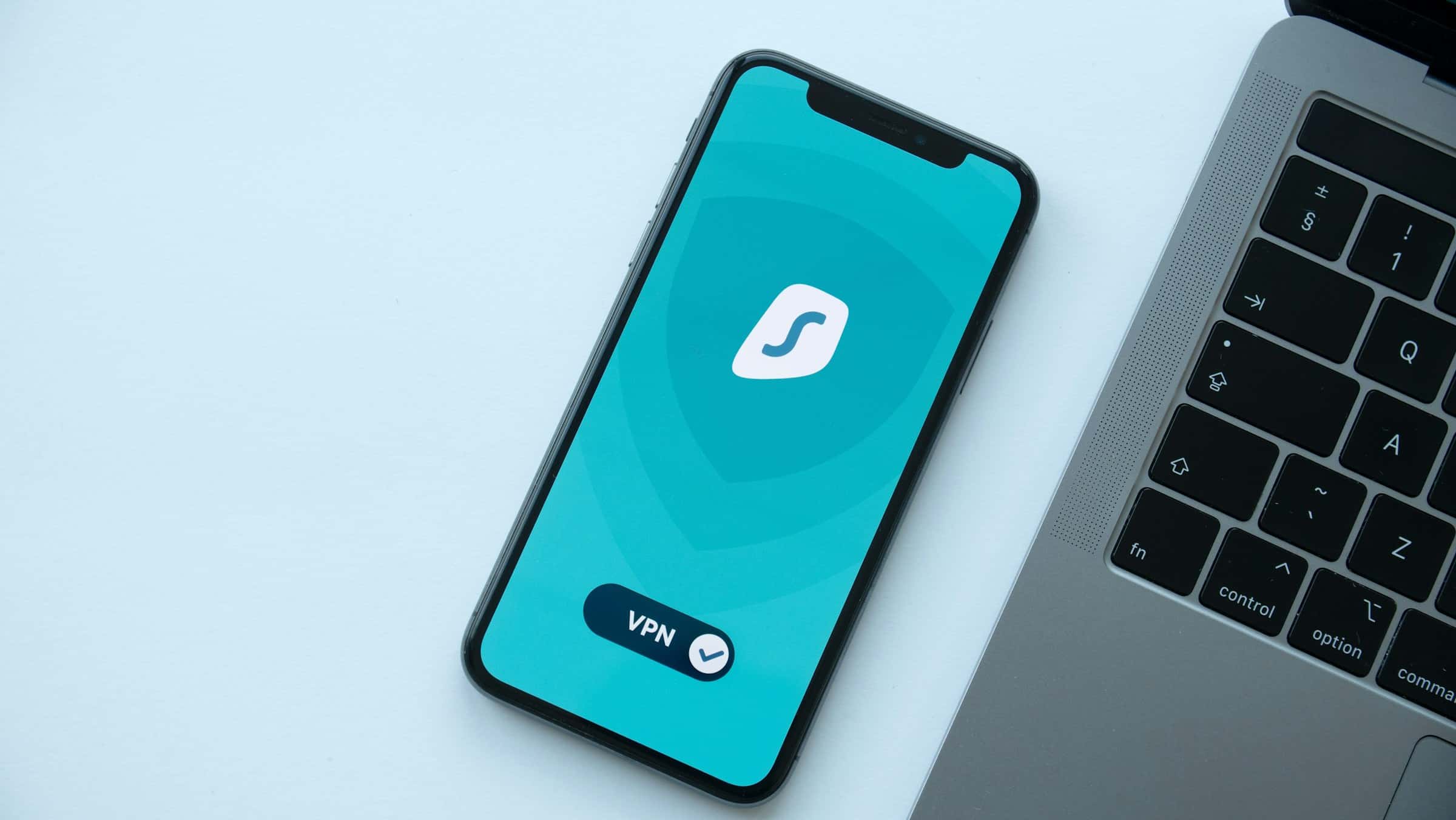In today’s digitally connected world, safeguarding your online privacy has become more crucial than ever. One effective way to enhance your security and protect your data is by using a Virtual Private Network (VPN). Setting up a secure VPN on your Android tablet is a straightforward process that can significantly boost your privacy and provide you with unrestricted access to the internet. This article will guide you through the steps to set up a secure VPN on your Android tablet.
Virtual Private Networks (VPNs) are becoming increasingly popular among internet users who value their privacy and security. A VPN service enables you to connect to the internet through a secure server, masking your true IP address and encrypting your data. This not only protects your personal information but also allows you to access content that might be restricted in your region.
A lire aussi : How to Optimize Your Laptop for Video Editing Projects Without an External GPU?
When you set up a VPN on your Android tablet, you create a secure connection between your device and the internet. This connection can help you maintain your privacy, bypass geographical restrictions, and protect your data from potential cyber threats. Whether you are using a free VPN service or a paid one, the setup process is relatively similar.
Choosing the Right VPN Provider
Before you can set up a VPN on your Android tablet, it is essential to choose the right VPN provider. There are many VPN services available, each offering different features, price points, and levels of security. When selecting a VPN provider, consider the following factors:
Dans le meme genre : What Are the Best Practices for Managing App Permissions on Android Devices?
- Security Features: Ensure that the VPN provider offers strong encryption protocols and a no-logs policy to protect your data.
- Server Locations: Check if the provider has servers in locations that meet your needs, such as specific countries for accessing region-locked content.
- Speed and Performance: Look for a VPN service that offers fast and stable connections, as a slow VPN can affect your browsing experience.
- Customer Support: Choose a provider with reliable customer support in case you encounter any issues.
- Pricing: Consider the cost of the VPN service and whether it offers a free trial or a money-back guarantee.
Popular VPN providers include ExpressVPN, NordVPN, and CyberGhost. These providers offer robust security features, a wide range of server locations, and excellent performance.
Downloading and Installing the VPN App
Once you have selected a VPN provider, the next step is to download and install the VPN app on your Android tablet. Most reputable VPN providers have dedicated apps available on the Google Play Store, making the download and installation process straightforward.
- Open the Google Play Store: On your Android tablet, open the Google Play Store app.
- Search for Your VPN Provider: In the search bar, type the name of your chosen VPN provider (e.g., ExpressVPN, NordVPN).
- Select the VPN App: Click on the VPN app from the search results.
- Tap Install: Tap the “Install” button to download and install the VPN app on your device.
After the installation is complete, you will need to launch the VPN app and sign in with your account credentials. If you do not already have an account, you will need to create one and subscribe to a plan that suits your needs. Many VPN providers offer various subscription plans, including monthly, yearly, or multi-year options.
Setting Up the VPN Connection
After you have installed the VPN app and signed in, the next step is to set up the VPN connection on your Android tablet. The setup process may vary slightly depending on the VPN provider, but the general steps are as follows:
- Open the VPN App: Launch the VPN app on your Android tablet.
- Allow Permissions: The app may request certain permissions to function correctly. Grant the necessary permissions.
- Connect to a VPN Server: Most VPN apps have a “Connect” button that automatically selects the best server for you. Alternatively, you can manually choose a server location from the list provided by the app.
- Configure VPN Settings: Some VPN apps allow you to customize the VPN settings. You can choose the encryption protocol, enable a kill switch, or activate split tunneling if these features are available.
When you connect to a VPN server, your internet traffic is routed through the secure server, encrypting your data and masking your IP address. This secure connection ensures that your online activities remain private and protected.
Verifying Your VPN Connection
After setting up and connecting to the VPN, it is crucial to verify that your connection is secure and functioning correctly. Here are a few steps you can take to ensure your VPN connection is working:
- Check Your IP Address: Visit a website such as WhatIsMyIP.com to check your IP address. If the VPN is working correctly, your IP address should reflect the location of the VPN server you are connected to, not your actual location.
- Test Internet Speed: Use an online speed test tool to check your internet speed. While some reduction in speed is normal when using a VPN, it should not be significant. If your connection is too slow, try connecting to a different server.
- Ensure Data Encryption: Verify that your data is encrypted by accessing a secure website (HTTPS) and checking the padlock icon in the browser’s address bar.
If you encounter any issues during this process, consult the VPN provider‘s support resources or contact their customer support for assistance.
Setting up a secure VPN on your Android tablet is a vital step towards enhancing your online privacy and security. By following the steps outlined in this article, you can choose a reputable VPN provider, download and install the VPN app, set up a secure VPN connection, and verify that your connection is functioning correctly.
In a world where online threats are becoming increasingly sophisticated, using a VPN is a simple yet effective way to protect your data and maintain your privacy. Whether you are browsing the web, streaming content, or accessing sensitive information, a VPN ensures that your online activities remain private and secure.
Remember, the key to a secure VPN connection is choosing a reliable VPN provider and following the proper setup procedures. With the right VPN service and configuration, you can enjoy a safer and more unrestricted internet experience on your Android tablet.











